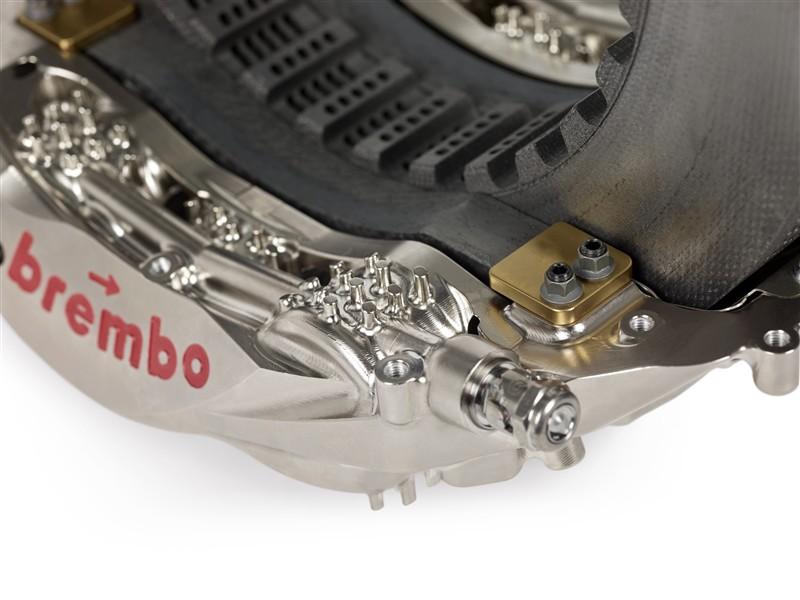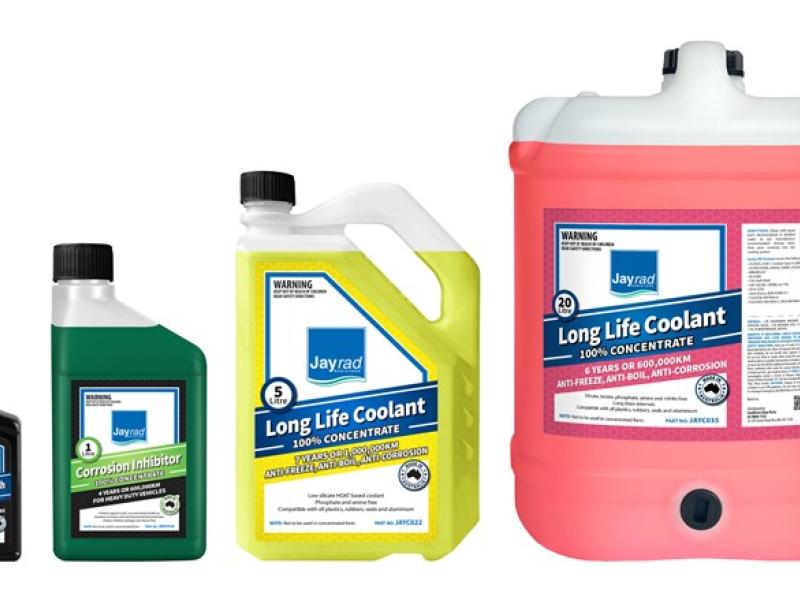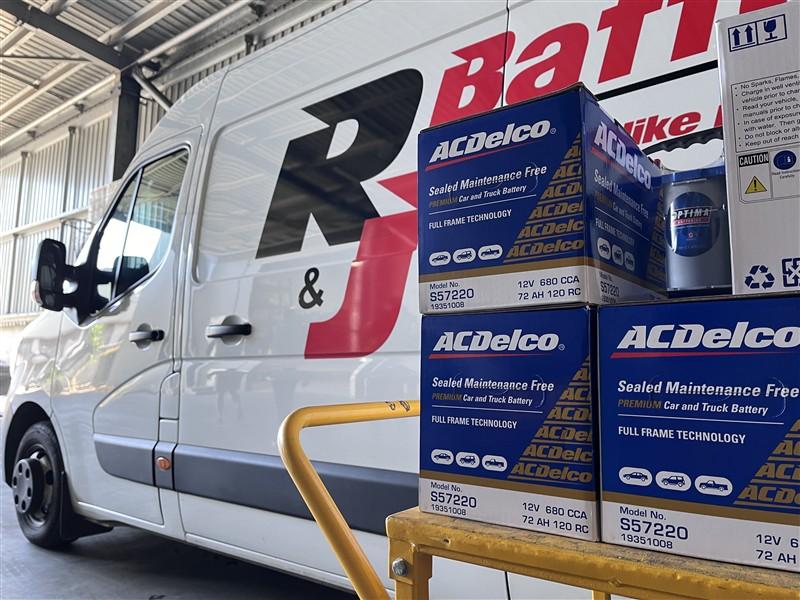Although most car owners are aware of the need to look after their engine – checking oil and water, at least – and even occasionally check their tyre pressures, few pay much attention to their brakes, clutch and suspension.
Out of sight is very much out of mind in this case, and it’s only when the car is taken in for a service, or a Warrant of Fitness, that the mechanic will point out a problem, and the owner will say, “Oh dear, how much is that going to cost?”
At the same time, out of mind can also mean “out of luck”, for failing to pay attention to any of these items can result in a far greater impact (excuse the pun), especially on the pocket. Poor brakes or suspension components, especially worn shock absorbers, can result in a crash. Even a slipping clutch can lead to loss of control, yet, as we said, most owners don’t give a moment’s thought to what is happening under the car.
However, expensive repair work can be avoided if you pay heed to the warning signs your car will be trying to give you.
Brakes
- A brake warning light comes on. If you don’t know where to look, take it to someone who does.
- Brakes grabbing. This is a sure sign something is not right, and should be dealt with sooner rather than later.
- A low or hard brake pedal. A sign that something is not right in the brake hydraulics.
- Squealing. This can be a sign that you brake pads are shot. If you don’t have it fixed right away, you’ll need expensive brake disc repairs, too.
Clutch
Manual cars are becoming rarer and rarer in New Zealand, but there are still plenty around. Clutch problems will leave you stranded at the side of the road if you don’t get them fixed. Again, sooner is better than later.
Take your car in if you encounter any of the following problems:
- The clutch is slipping.
- The clutch is grinding
- The clutch pedal goes straight to the floor
- The clutch pedal is abnormally high.
- The pedal is hard to push down.
Suspension
There are two aspects to suspension. The suspension components themselves – struts, axle, springs, wishbones etc. These rarely give any trouble unless your car has high mileage, or has been abused (or taken seriously off-road,) and even then, it’s usually down to worn bushes or sagging springs, which should be replaced. If you hear any clonks or other noises from your suspension, take the car in.
The other aspect is shock absorbers. These play a vital role in ensuring your car ‘s tyres stay firmly in contact with the road. Worn shock absorbers will result in poor braking performance or loss of control, and if unattended will result in a crash. If your car seems to bounce around a lot on the road, or feels insecure, take it in.
A good check is to push down on the car above each wheel and see how it responds. The body should come up straight away without bouncing; if it feels sloppy, or continues to bounce up and down, your shocks are SHOT.





